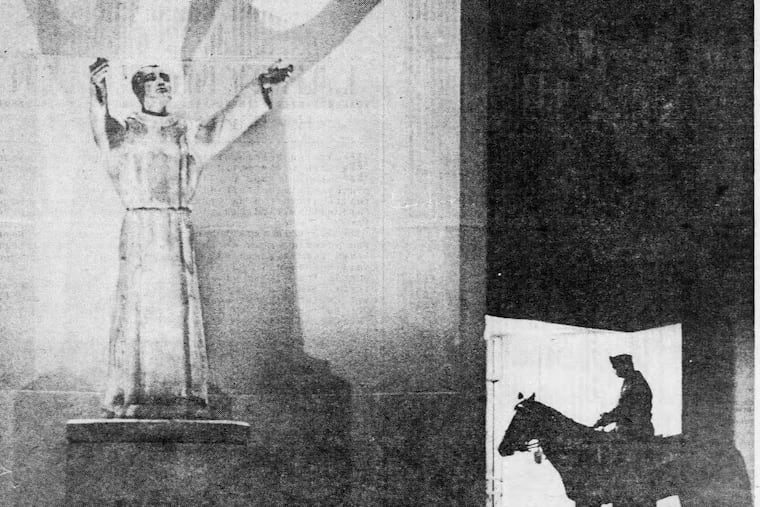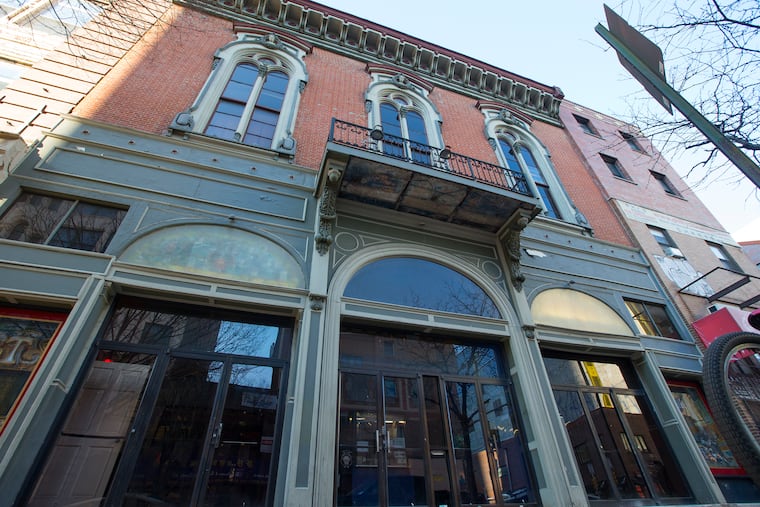Philadelphia City Council seeks increased oversight of Mayor Cherelle Parker’s housing plan, impacting city budget negotiations.
Negotiations regarding the upcoming city budget and a pivotal housing initiative in Philadelphia have continued without resolution, as Mayor Cherelle L. Parker and City Council President Kenyatta Johnson engaged in discussions into the early hours of Thursday morning. With a deadline approaching for budget passage by June 12, the last session before Council’s summer recess coinciding with the start of the new fiscal year on July 1, the impasse has prompted council members to utilize procedural strategies to ensure legislative progress.
Mayor Parker has displayed a steadfast approach in negotiations, showing limited willingness to concede ground. In a budget proposal presented in March, she suggested modest cuts to business and wage taxes for the coming year. While some lawmakers and business advocates have pushed for deeper tax reductions, it appears that the Council may adopt rates that align closely with Parker’s proposal.
Additionally, the mayor’s request for 0 million in borrowing authority to fund the Housing Opportunities Made Easy (H.O.M.E.) initiative seems likely to receive approval, despite recent opposition from Councilmember Isaiah Thomas, who has advocated for a reduction in the bond authorization amount.
Individual lawmakers, under Johnson’s leadership, have also secured funding for specialized projects during the final stages of negotiation. This strategic maneuvering is facilitated by a favorable budget climate, characterized by increased tax revenues and reduced expenditures, leading to a projected fund balance surplus of approximately 2 million that will transition into the next fiscal year.
While the core budget discussions have largely progressed towards resolution, a key sticking point remains a provision added by the Council aimed at increasing oversight regarding the allocation of funds from the H.O.M.E. initiative. Finance Director Rob Dubow has indicated that some level of oversight will be included, although the specifics of this arrangement are still to be finalized between Johnson and Parker’s teams.
The ongoing budget and housing discussions face legislative hurdles, as the pending bills are currently held in three distinct committees. The H.O.M.E. bond authorization and related debt proposals await approval from the Finance Committee, zoning bills linked to the housing initiative are under the purview of the Rules Committee, and general budget bills are in the Committee of the Whole.
Negotiations were accompanied by private meetings among Council members, who observed the progression of talks while waiting for developments at City Hall. By 1 a.m., it was evident that no agreement had been achieved, prompting a recess of the committees.
As Thursday unfolded, Council members reconvened in hopes of advancing legislation essential to the city’s financial framework. Johnson’s strategy involves recessing the regular Council meeting, allowing time for potential agreement with Parker, after which legislation would be presented for initial readings.
Such budget negotiations have historically been contentious, with this year’s discussions proving to be more complex than those of the previous year, reflecting both the novelty of the current administration and the intricacies inherent in managing high-stakes fiscal policy. The outcome of these discussions will be critical not only for immediate budgetary needs but also for the long-term viability of crucial housing initiatives in Philadelphia.
Media News Source






